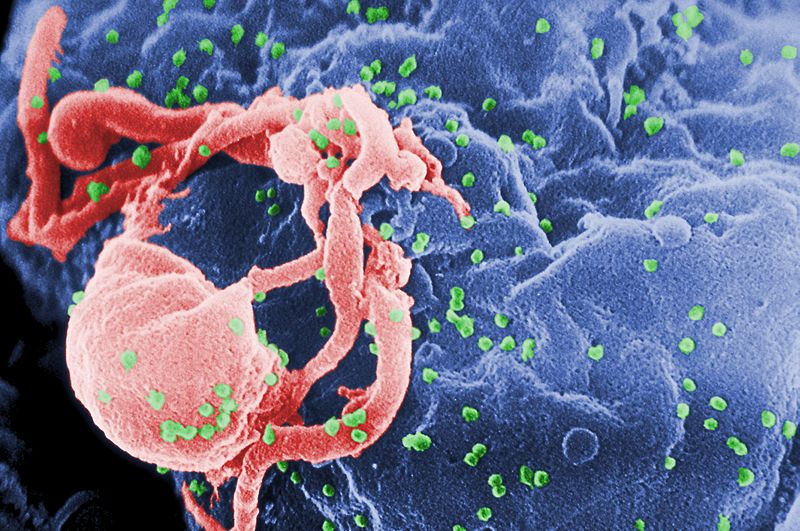Gilead takes 'HIV eradication' combo into clinic

Gilead has become a victim of its own success in hepatitis C, as it has pioneered a series of blockbuster combination drugs that are eradicating the disease, but are depleting the revenue-creating pool of infected patients.
Faced with pressure from competitors such as Merck & Co in hepatitis C, the company is now turning back to its old stomping ground – HIV, for which it has developed an arsenal of drugs that can stay the disease’s progression into full-blown AIDS.
Unlike hepatitis C, HIV is currently incurable, as drugs from Gilead and competitors like GlaxoSmithKline and Pfizer can only suppress it so that infected people can live much longer lives than in the past.
HIV creates a latent reserve within a patient’s body, lying dormant within infected CD4 cells, which can become activated and lead to the disease progressing into AIDS.
Only by tackling this reserve of infected, but dormant, T-cells can the disease be cured – and scientists have been trying for years to find ways to do this.
Gilead thinks it may have found a solution to the complex problem of tackling the infected dormant T-cells so that patients can control the disease without need for drugs.
Data from a trial in rhesus monkeys infected with simian-human immunodeficiency virus (SHIV) show that an oral toll-like receptor 7 (TLR7) agonist antiviral drug, and a broadly neutralising antibody (bNAb) could be an effective HIV eradication strategy for tackling this latent reserve.
Data from a subset of SHIV infected monkeys on suppressive antiretroviral therapy (ART) demonstrated a combination of a TLR7 called GS-9620, and a bNAb called PGT121, resulted in viral suppression after ART therapy stopped.
In the proof-of-concept study, 45% - five out out of 11 - of animals receiving both GS-9620 and PGT121 did not demonstrate viral rebound for at least 168 days after stopping ART. The other six animals rebounded but then began re-suppressing the virus without ART.
The data published at the Conference on Retroviruses and Opportunistic Infections showed that in a placebo arm 11 out 11 animals rebounded, nine out of 11 treated with only PGT121 rebounded and 10 out of 11 treated with GS-9620 rebounded.
Gilead is calling the combination therapy an "HIV eradication strategy" and will test it in phase 1 trials, in people who are HIV suppressed on approved ART therapies.
[caption id="attachment_24711" align="alignnone" width="128"] Norbert Bischofberger[/caption]
Norbert Bischofberger[/caption]
Gilead’s chief scientific officer, Norbert Bischofberger, said: “GS-9620 is currently in a phase 1b dose-escalation study in ART-suppressed people living with HIV and we have advanced GS-9722, a derivative of PGT121, into phase 1 testing.”
Gilead licensed in PGT121 from Theraclone Sciences under an agreement signed in 2014, although details of the deal were not disclosed at the time.
It was part of a portfolio of broadly neutralising antibodies discovered in collaboration with the International AIDS Vaccine Initiative and The Scripps Research Institute, Florida.












